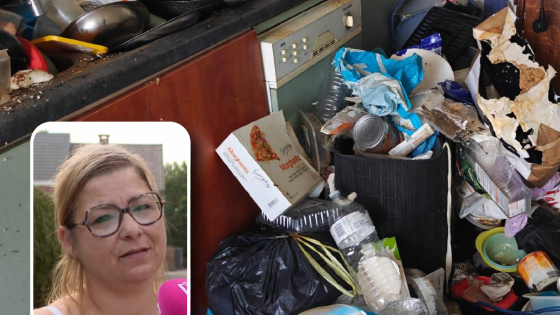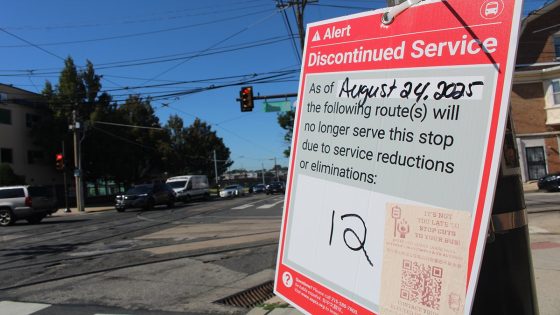Kilmar Abrego Garcia is at the center of a controversial deportation case that could see him sent to Uganda. As of August 23, 2025, his legal team claims prosecutors offered a deal for deportation to Costa Rica, which Garcia has refused.
- Lawyers claim prosecutors offered deportation deal
- Kilmar Abrego Garcia's homecoming was subdued
- Trump administration considers Uganda for deportation
- ICE notified Garcia about potential deportation
- Deportation follows refusal of plea deal
The situation has garnered national attention, especially after reports indicated that U.S. Immigration and Customs Enforcement (ICE) notified Garcia about the potential deportation. This case raises significant questions about immigration policy and the treatment of individuals facing deportation.
This case illustrates the complexities of the U.S. immigration system. Why would someone refuse a plea deal that could lead to a more favorable outcome? Garcia’s situation reflects broader issues regarding deportation practices.
- Garcia’s refusal of the plea deal has intensified scrutiny of immigration policies.
- The potential deportation raises questions about human rights and legal protections.
- Public opinion is divided on how to handle cases like Garcia’s.
As this situation unfolds, it’s crucial for the public to stay informed and engaged in discussions about immigration reform. Will the U.S. find a more humane approach to deportation?






























